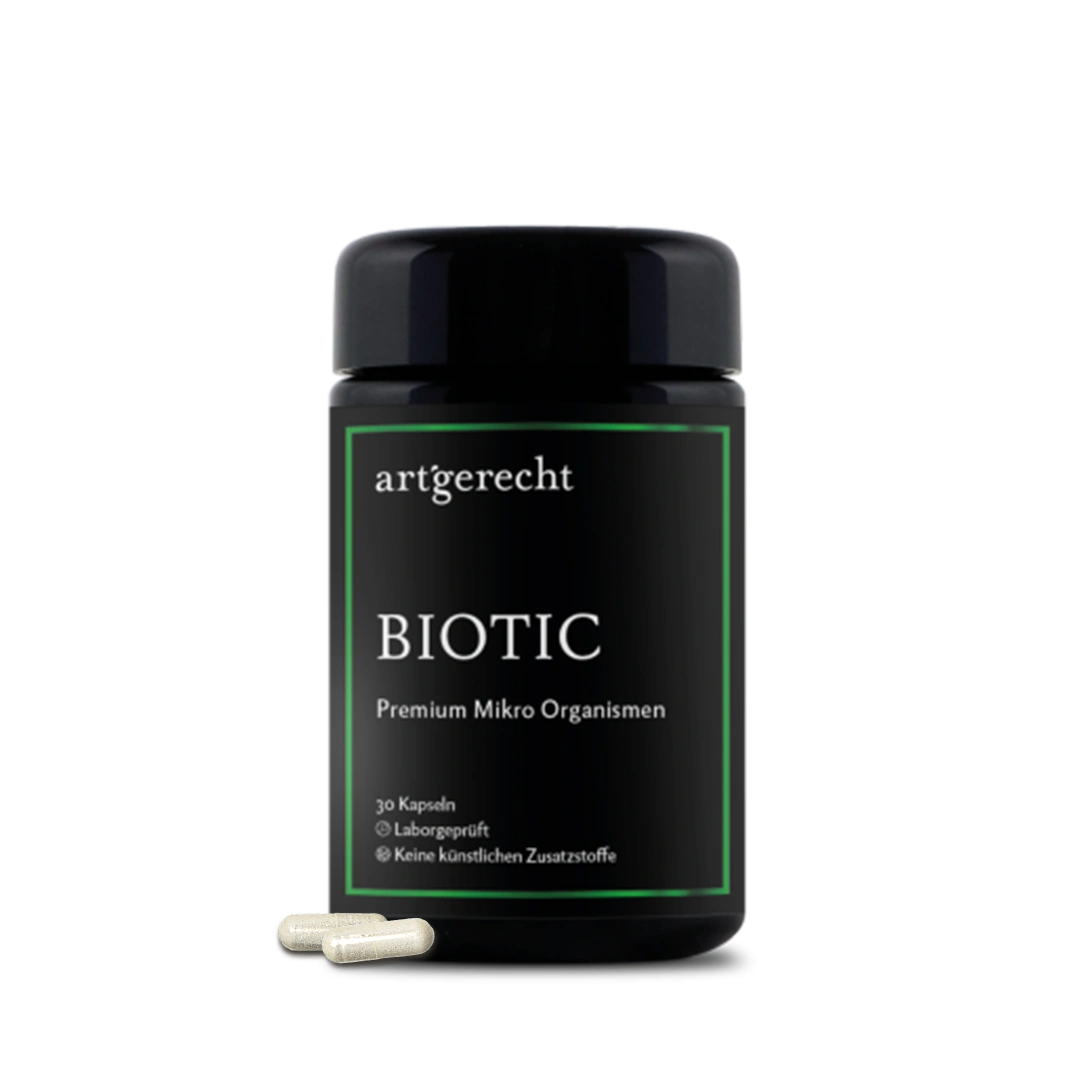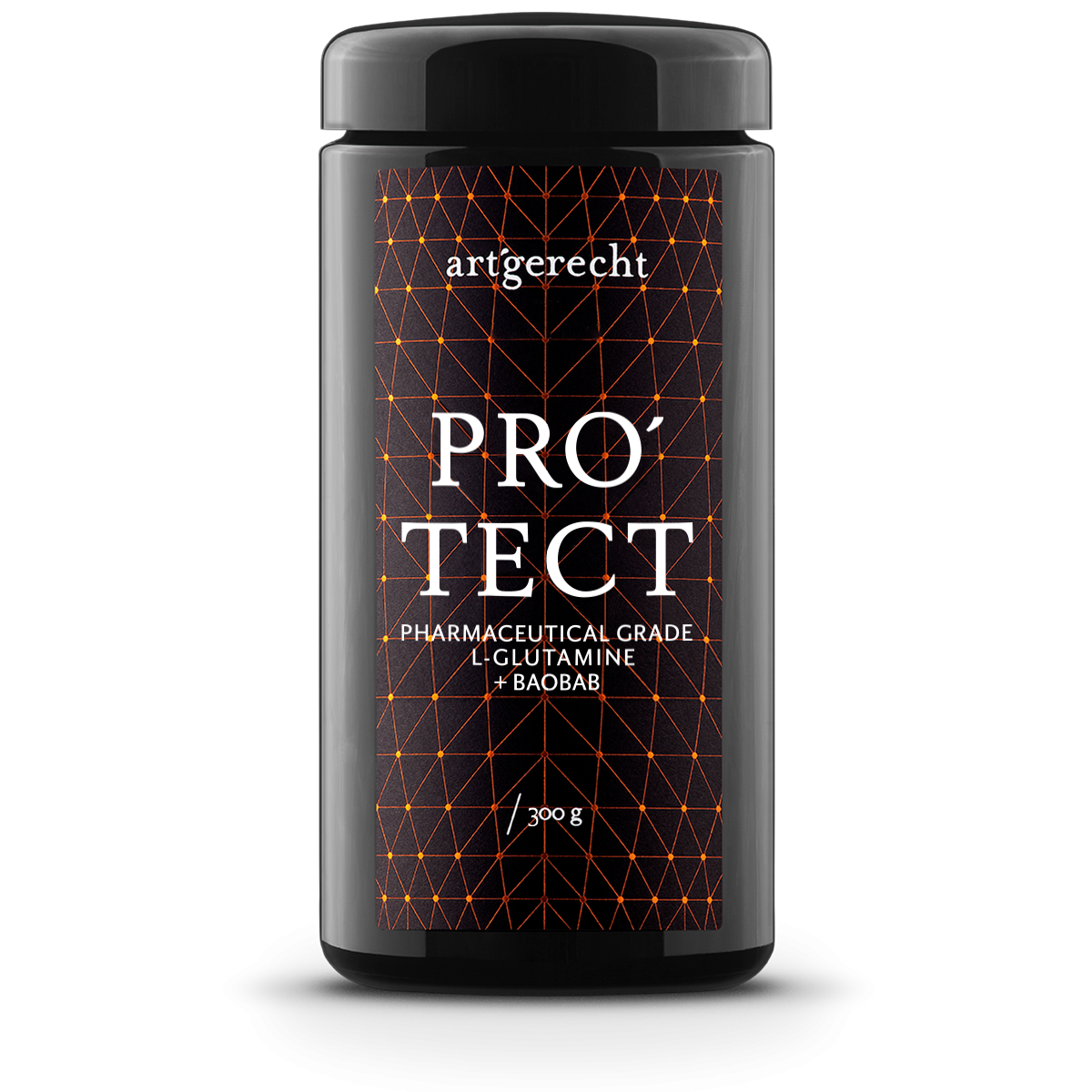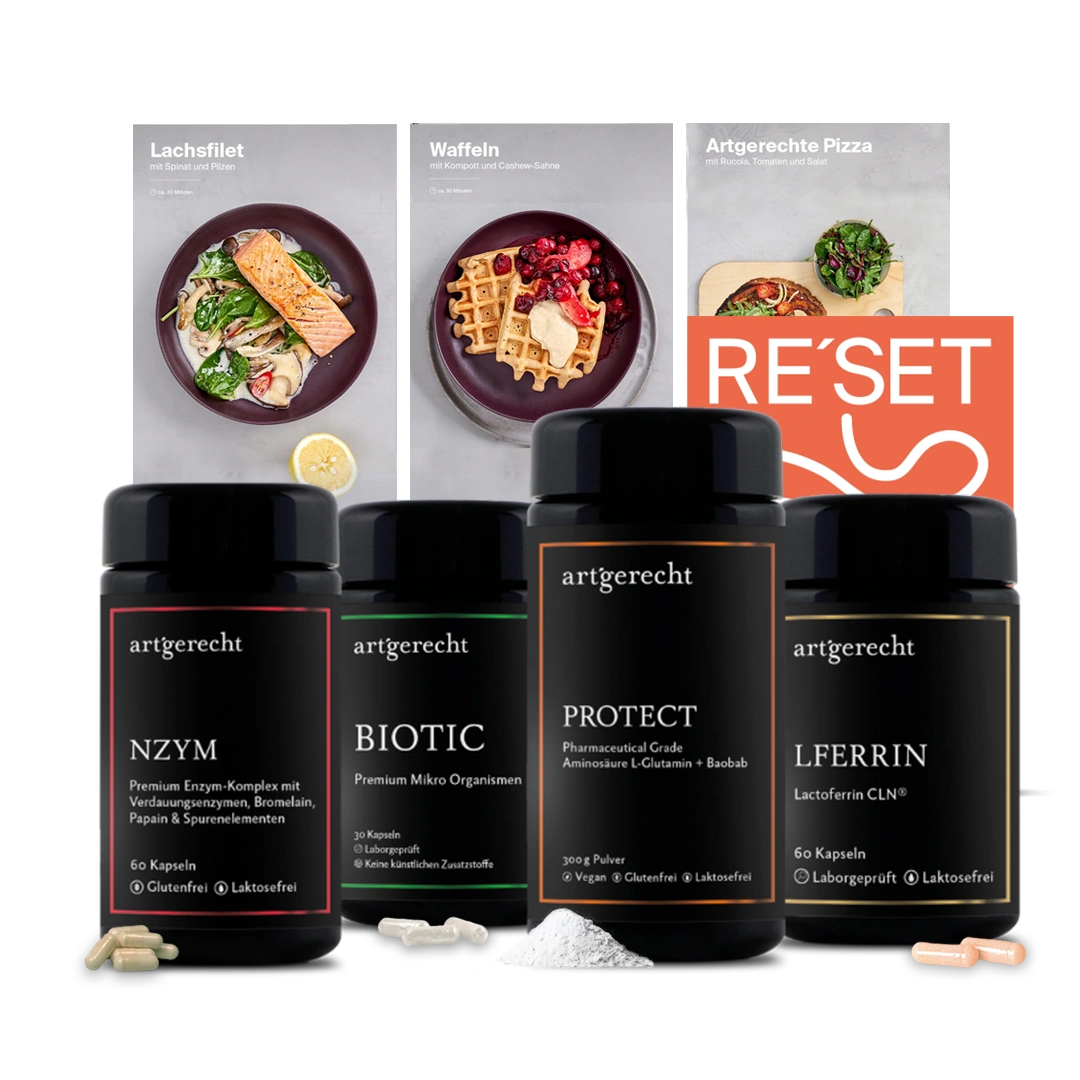

Intestinal perforation - causes, symptoms and emergency treatment
A ruptured bowel is a life-threatening emergency that requires immediate medical attention. Find out more about the causes, symptoms and treatment of this serious condition.
Interested in regular tips & information about health? Interested in regular tips & information about health?Wissenswertes über "Intestinal perforation"
A ruptured bowel is a life-threatening emergency that requires immediate medical attention. Find out more about the causes, symptoms and treatment of this serious condition.
A intestinal perforation is a life-threatening emergency in which the intestinal wall ruptures and intestinal contents leak into the abdominal cavity. This leads to severe inflammation of the peritoneum (peritonitis), which can be fatal if left untreated. The most common causes are diverticulitis, gastric ulcers, chronic inflammatory bowel disease (IBD), bowel cancer or trauma.
.Causes of intestinal perforation
- Diverticulitis: Inflamed diverticula can break through the bowel wall.
- Chronic inflammatory bowel disease (IBD): Crohn's disease or ulcerative colitis increase the risk of perforation.
- Intestinal obstruction (ileus): Excessive pressure can lead to a rupture of the intestinal wall.
- Cancer of the bowel: Tumours can weaken the bowel wall and lead to a rupture.
- Foreign bodies & injuries: Accidents or swallowed foreign bodies (e.g. bones, sharp objects) can perforate the bowel.
Symptoms of intestinal perforation
An intestinal perforation occurs suddenly and causes intense, rapidly worsening symptoms:
- Strong, sudden onset of abdominal pain (often in the entire abdomen)
- Hard, tense abdomen (defence tension)
- Nausea, vomiting and fever
- Circulatory problems, shock (low blood pressure, high heart rate)
Diagnosis and emergency treatment
An intestinal perforation requires immediate clinical examination using CT or X-ray. Treatment is almost always surgical to close the perforation and remove infected tissue. Further measures:
- Immediate administration of antibiotics to combat the infection
- Fluid administration and stabilisation of the circulation
- Artificial bowel outlet (stoma) in severe cases
Prevention and bowel health
Healthy intestinal flora and a stable intestinal mucosa are crucial for preventing intestinal perforation. The following are recommended:
- Diet rich in fibre to prevent diverticulitis
- Probiotics and prebiotic foods to support the intestinal flora
- Adequate fluid intake to regulate digestion
- Avoidance of NSAID painkillers, which can attack the intestinal mucosa
An intestinal rupture is an absolute emergency and requires immediate medical attention to prevent serious complications such as blood poisoning (sepsis) or multiple organ failure.
Literature references:
- Mularski, R. A. et al. (2011). "Diagnosis and Treatment of Perforated Peptic Ulcer." American Journal of Medicine.
- Coccolini, F. et al. (2018). "Perforated Diverticulitis: A Systematic Review and New Treatment Perspectives." World Journal of Emergency Surgery.
- Nagata, N. et al. (2020). "Risk Factors for Colonic Perforation in Patients with Diverticular Disease."
Verwandte Produkte
BioticFor the support of your healthy gut flora
Specifically cultivated symbiotic microorganisms, tailored to the human gutUV-protected glass
Lab-tested
Non-GMO
No artificial additives
Product listed on the Cologne List®
30 Capsules€35.90ProtectYour natural protection from within
L-Glutamine is the most common amino acid in our body and is crucial for the center of our immune system – the gut.UV-protected glass
Lab-tested
Non-GMO
No artificial additives
Product listed on the Cologne List®
Gluten-free
Lactose-free
Vegan
300 g€0.00
Die neusten Einträge
3 Posts in this encyclopedia categoryMagnetit (Fe₃O₄)
Eisen(III)-oxid (Fe₂O₃) | Hämatit
Eisenoxid (FeO)
Die meistgelesenen Einträge
3 Posts in this encyclopedia categoryLactoferrin CLN®
Cologne list
L-carnitine
Verwandte Suchbegriffe: Intestinal perforation + perforation + intestinal hernia



